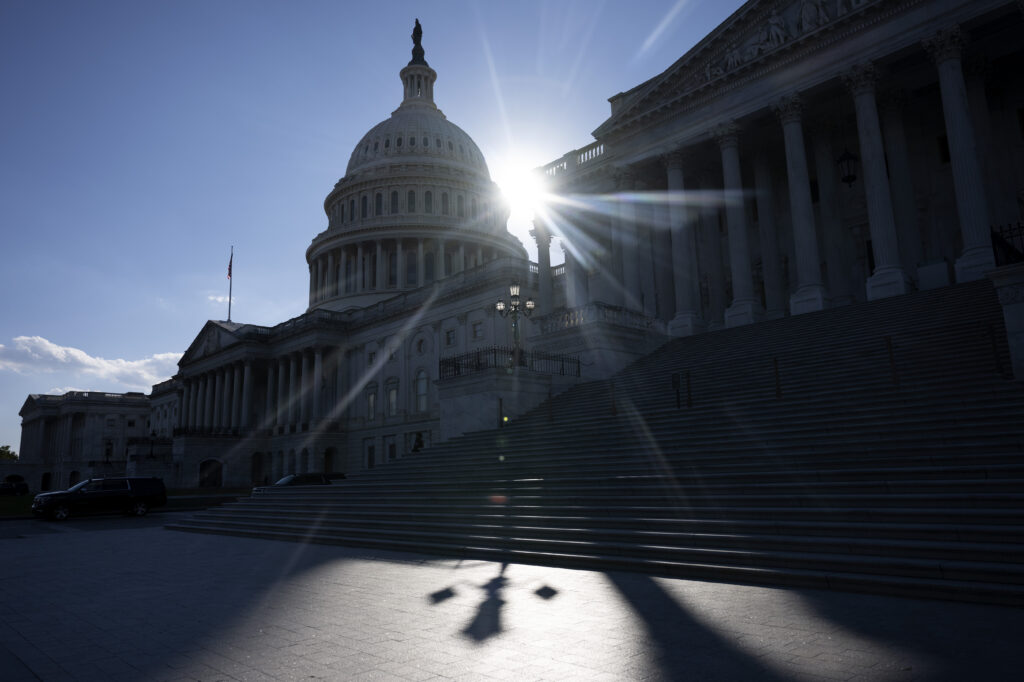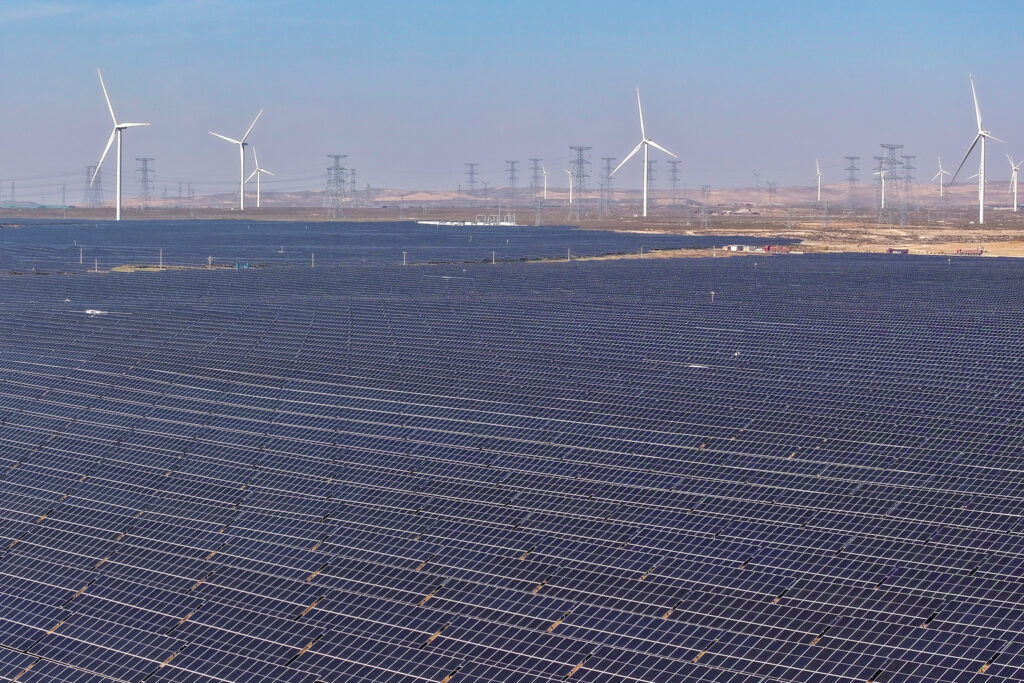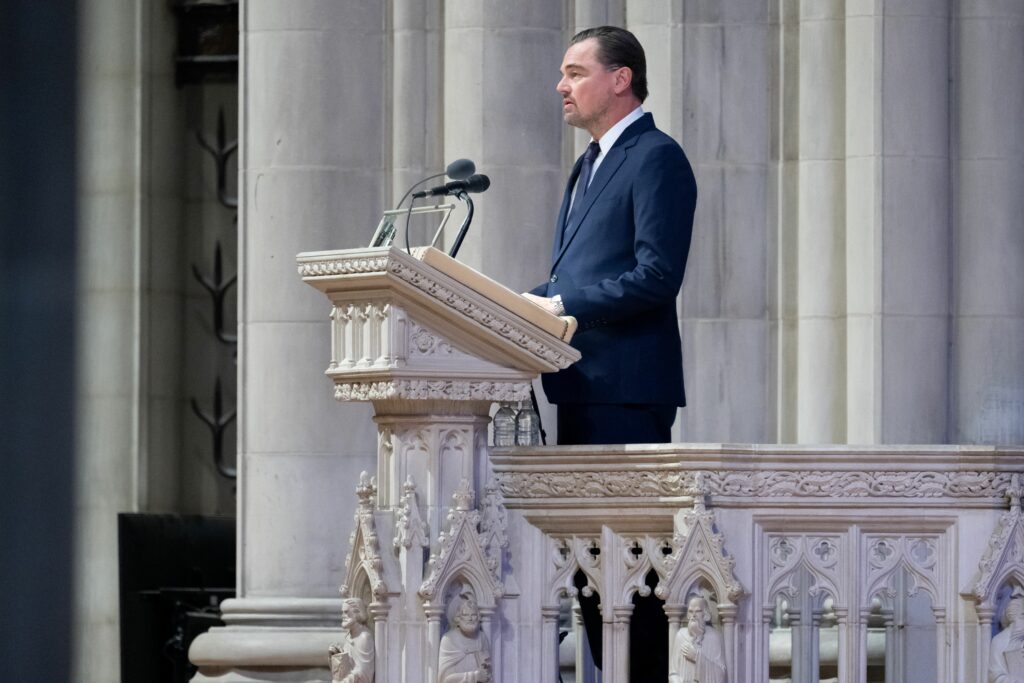California Governor Gavin Newsom says his Democratic Party is “back on its feet” after a string of election wins — and the way to make Americans care about global warming is to show how it affects their wallets.The 58-year-old leader of the Golden State spoke to AFP at the UN’s annual climate summit, held this year in Belem, a northern Brazilian city on the edge of the Amazon rainforest.Newsom has emerged as one of President Donald Trump’s fiercest foes during the Republican’s second term, matching Trump’s bombastic style on social media and raising his own national profile — though some critics see such tactics as a race to the bottom.Democrats were wiped out in last year’s national elections, which saw Trump return to power, but the party rallied in state and local contests earlier this month. Notably, charismatic progressive Zohran Mamdani won New York’s mayoral race, while Democrats also captured two key governorships.Asked whether the party now had momentum, Newsom replied: “The answer is unequivocal, yes,” citing state-level victories in the southern state of Georgia and the election of the first Democratic district attorney in a suburban Pennsylvania county as signs the shift runs deep.”This party’s back on its feet. We’re on our toes. We’re not on our heels,” he said in an interview with a small group of journalists. “It’s a very encouraging moment,” he added — though he expressed frustration that some Senate Democrats had joined Republicans to end a federal budget impasse without securing the concessions on containing health care costs they had sought.- Kitchen table politics – The tall, impeccably coiffed governor of the world’s fourth largest economy is widely seen as a likely 2028 presidential contender, though he has yet to make any announcement.He has been on a charm offensive at COP30, drawing a sharp contrast between the Trump administration’s absence from the talks — and its withdrawal from the Paris Agreement — and California’s own push to greenify its $4.1 trillion economy.Trump appears to have taken notice. In what was unlikely a coincidence, The New York Times reported Tuesday that the federal government plans to restart after roughly four decades offshore drilling along the California coast — a move Newsom vowed would happen “over our dead body.” Analysts have questioned whether energy companies would even be interested. Beyond pulling the US out of the landmark Paris deal to limit global warming, Trump’s Republicans have launched an all-out war on solar and wind energy at home, undoing clean energy tax credits that were the signature climate achievement of former president Joe Biden.Asked whether President Biden’s strategy of framing climate action as a job-creation issue was the best way to connect with voters, Newsom took a different tack.”Well, it’s a cost-of-living issue, it’s a kitchen-table issue,” he said, citing the insurance risks now plaguing states from Florida to New Jersey, as well as his own California, which suffered one of the worst wildfires in its history earlier this year.- An American COP? -Such disasters have plunged the homeowners’ insurance market into crisis, leaving residents facing steep rate hikes, canceled coverage, and long delays in receiving payments.Moreover, he added, “green energy is cheap energy” — echoing a talking point borne out by global data, even if the picture in California, which has high energy rates, is more complex.”If we start talking in those terms, I think we’ll be more effective,” he said.Asked whether a future Democratic administration would seek to host a COP summit — the earliest chance being 2031, when the Western bloc is in line — Newsom chuckled and said: “The Trump administration has not done a damn thing to earn it.””I’d be very eager, as governor, to encourage that,” he added, noting his own track record.As mayor of San Francisco, he hosted a UN environment day and the city now has a Climate Week. “But I’m not naive — right now, our status would be maybe one-half of one percent in terms of support.”








